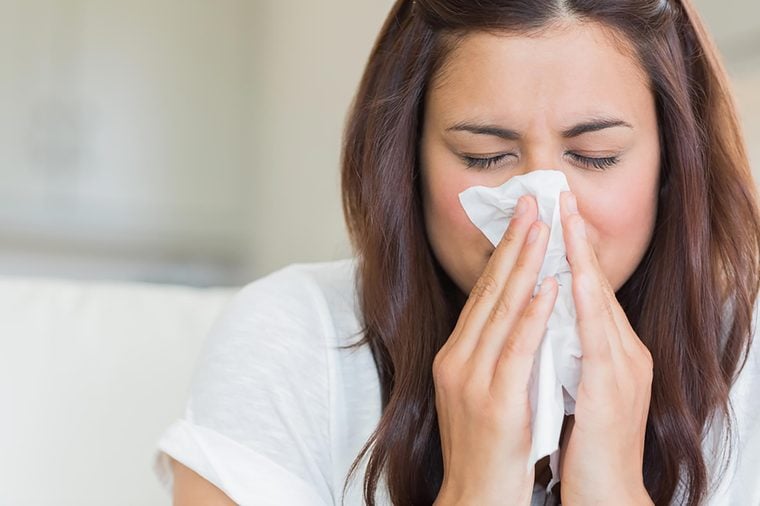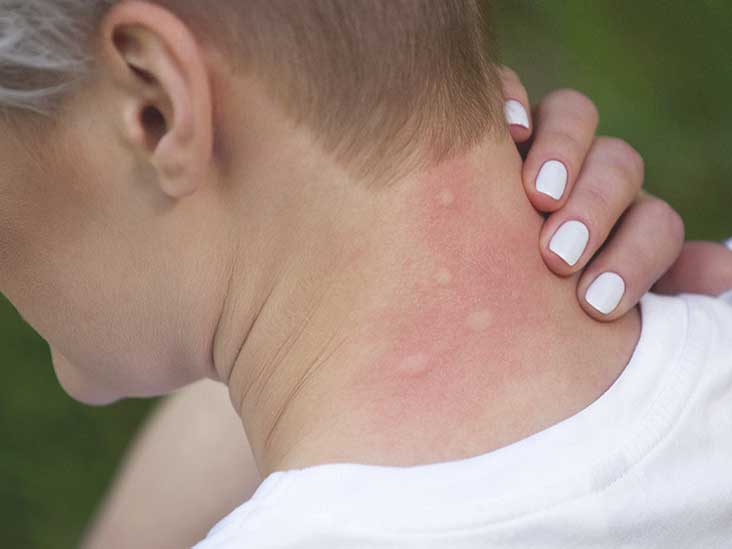Allergies manifest as common immune system responses to specific environmental substances called allergens. These reactions can result in a variety of symptoms, ranging from mild discomfort to severe manifestations. To safeguard your well-being and promote a healthy lifestyle, it is crucial to comprehend the various types of allergies and embrace preventive measures. By understanding these key aspects, you can navigate the world of allergies with greater confidence and prioritize your overall health and well-being.
Seasonal Allergies:

Seasonal allergies, also referred to as hay fever or allergic rhinitis, emerge during specific periods when plants disperse pollen into the air. This phenomenon triggers a range of common symptoms, including sneezing, itching, a runny nose, and watery eyes. By shedding light on the intricacies of seasonal allergies, such as their triggers and associated discomforts, individuals can gain a deeper understanding of their condition and take appropriate measures to manage and alleviate symptoms effectively. Preventive measures for seasonal allergies include staying indoors during high pollen counts, using air purifiers and pollen filters, and regularly washing clothes and bedding to remove allergens.
Food Allergies:

Food allergies arise when the immune system reacts to specific foods, triggering symptoms such as hives, swelling, difficulty breathing, or digestive problems. Food allergies commonly involve allergens such as peanuts, tree nuts, shellfish, eggs, milk, wheat, and soy. To prevent adverse reactions, individuals with food allergies must adopt a proactive approach. This includes diligently reading ingredient labels, steering clear of cross-contamination during food preparation, and having emergency medication like epinephrine (EpiPen) readily available when needed. By understanding common food allergens and implementing preventive measures, individuals can confidently navigate their dietary choices and safeguard their well-being.
Allergic Asthma:

Allergic asthma is a respiratory condition characterized by airway inflammation triggered by allergens such as dust mites, pet dander, pollen, or mold spores. Recognizing Symptoms of Wheezing, Coughing, Chest Tightness, and Shortness of Breath. Preventing allergic asthma involves taking proactive steps to minimize exposure to triggers and create a conducive indoor environment. Key preventive measures include reducing exposure to allergens, such as dust mites and pet dander, by keeping indoor spaces clean and dust-free. Using allergen-proof covers for mattresses and pillows helps create a barrier against potential triggers. Additionally, following a prescribed asthma management plan tailored to your specific needs plays a vital role in preventing asthma symptoms and maintaining control over your condition. By embracing these preventive measures, individuals with allergic asthma can take charge of their health and breathe easier.
Skin Allergies:

Skin allergies manifest as rashes, hives, or eczema when the skin comes into contact with allergens like certain soaps, cosmetics, fabrics, or plants. Preventive measures for skin allergies involve identifying and avoiding specific triggers, using hypoallergenic products, practicing good skincare habits, and keeping the skin moisturized.
Insect Sting Allergies:

Insect sting allergies occur when an individual has an allergic reaction to insect stings or bites, such as those from bees, wasps, or ants. For those with severe reactions, preventive measures may include wearing protective clothing, avoiding areas where insects are prevalent, and carrying an epinephrine auto-injector.
Understanding the diverse array of allergies and implementing preventive measures is instrumental in reducing the risk of allergic reactions and promoting overall well-being. Whether it’s seasonal allergies, food allergies, allergic asthma, skin allergies, or insect sting allergies, taking proactive steps is key. By avoiding triggers, utilizing protective measures, and having necessary allergy medications on hand, allergic reactions can be prevented. It is crucial to consult healthcare professionals, allergists, or immunologists for accurate diagnosis, personalized advice, and tailored management strategies. Staying informed and embracing preventive measures enables individuals to embrace a healthier and allergy-controlled lifestyle, allowing them to thrive and enjoy life to the fullest.